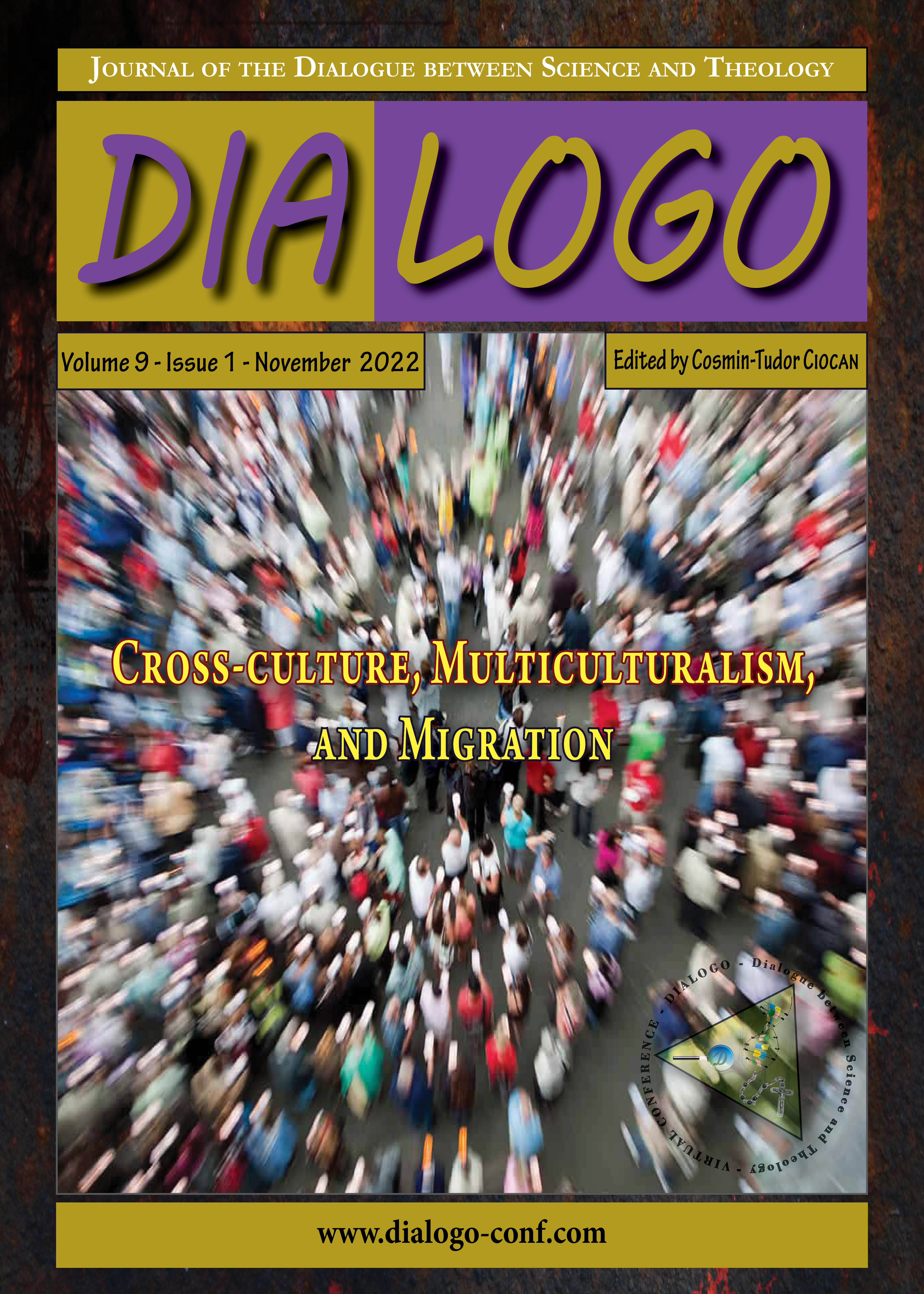Adverse impact of the flow of African storytelling between older and younger generations as a result of the movement of people from rural to urban areas: the case of Bapedi story telling tradition
Adverse impact of the flow of African storytelling between older and younger generations as a result of the movement of people from rural to urban areas: the case of Bapedi story telling tradition
Author(s): Morakeng Edward Kenneth LebakaSubject(s): Local History / Microhistory, Oral history, Cultural Anthropology / Ethnology, Rural and urban sociology, Migration Studies, History of Religion
Published by: Dialogo Publishing House SRL
Keywords: migration; storytelling; Bapedi; cultural heritage; identity; customs; taboos; morals;
Summary/Abstract: Migration from the rural to urban areas has a negative impact on the preservation of Bapedi cultural heritage and identity. Within Bapedi people’s cultural context, storytelling has been passed down from generation to generation, for ages. The transmission process takes place in social environment that provides authentic social cues about how knowledge is to be applied. Bapedi culture is characterized by ideas, customs, taboos, and social behaviour of Bapedi society. Due to the movement of people from rural to urban areas, children are in desperate need of new ideas and concepts regarding everyday life. The primary objective of this study was to investigate what is gained and what is lost in the process of migration. The main questions the study addressed are: a) how effectively can storytelling from Bapedi cultural perspective be taught in the urban areas? b) what are the attitudes of Bapedi children in both urban and rural areas regarding storytelling? c) what is gained and what is lost in the process of migration? d) what is the relevance of storytelling within Bapedi people’s historical context, and e) what is the transmission process of storytelling within Bapedi people’s cultural context? To achieve the objectives of this study, contextual approach was employed, and data was collected through observations and interviews. Relevant sources to the context of this study in the form of published journal articles, book chapters, books and theses were also consulted to compare and complement data collected from the field research. Closer investigation has revealed that prolonged separation following migration often disrupt parent-child relationships and has a negative impact on the transmission of values and knowledge as well as the preservation of Bapedi cultural heritage and identity. It was concluded that losing contact with elderly people, children might miss the opportunity of psychological and educational benefits, such as enhanced imagination to help visualize spoken words, improved vocabulary, and more refined communication skills, as well as indigenous knowledge about morals and cultural values.
Journal: Dialogo
- Issue Year: 9/2022
- Issue No: 1
- Page Range: 95-104
- Page Count: 10
- Language: English

